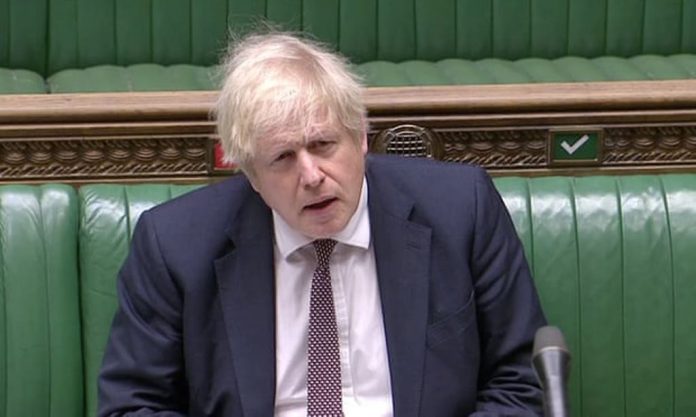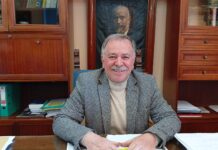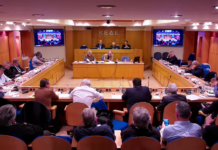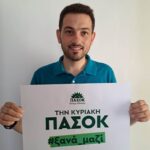Boris Johnson plans to abolish the last domestic Covid restrictions in England, including the requirement for people with the virus to self-isolate, in less than two weeks, a month earlier than initially proposed, he has announced. While guidance will remain in place for people to stay at home, as they would if they had flu, there will be no legal requirement backed up with fines of up to £10,000.
Unions urged measures to improve sick pay and ensure people were not forced to work, warning about the potential of “a green light for bosses to cut corners”, while school leaders said there had been no prior discussion of the change.
Ministers would publish new guidance, Downing Street said after Johnson’s announcement, adding it was possible some travel restrictions could remain such as passenger locator forms and quarantine for non-vaccinated people. Covid tests will remain free for now.
In an opening statement during prime minister’s questions, Johnson said he hoped to scrap domestic restrictions as soon as the Commons returned from its upcoming recess, on 21 February.
“I can tell the house today that it is my intention to return on the first day after the half-term recess to present our strategy for living with Covid,” he said.
“Provided the current encouraging trends in the data continue, it is my expectation that we will be able to end the last domestic restrictions, including the legal requirement to self-isolate if you test positive, a full month early.”
The plans to end all restrictions were announced by Johnson last month, when he unveiled the scrapping of plan B measures such as mask use.
Johnson told the Commons then that the legal requirement for people with coronavirus to self-isolate would be allowed to lapse when the regulations expired on 24 March, but that date could be brought forward.
Johnson’s spokesman said the expectation was the government would lift the regulations that make self-isolation mandatory, as well as repealing the powers that allow local councils to shut down venues where an outbreak has taken place. The final decision will need to be approved by cabinet, before MPs return to Westminster.
This would represent “an important step for this country as we move out of the pandemic”, the spokesman said. “It shows that the hard work of the British people is paying off.”
While the regulations on self-isolation would end, this would be replaced by guidance. “Obviously in the same way that someone with flu, we wouldn’t recommend they go to work, we would never recommend anyone goes to work when they have an infectious disease,” the spokesman added.
It is not known if the £500 payment available for people on low incomes who have to self-isolate will be scrapped.
The plan for living with Covid will include “a wide range of guidance including for businesses”, the spokesman said, and is expected to cover some travel restrictions.
Free Covid testing will continue for now, though it is expected to be scrapped at some point. The PM’s spokesman said Covid was reaching the “phase of endemicity”.
Frances O’Grady, the TUC general secretary, said it was vital that employers carried out proper risk assessments. “Today’s announcement is not a green light for bosses to cut corners,” she said.
“It’s also vital that ministers fix our broken sick pay system once and for all. Workers who are laid low by Covid must be able to make ends meet – not pushed into financial hardship.”
Boris Johnson at a Christmas quiz in December 2020 with an open bottle of prosecco and a half-eaten packet of crisps
Geoff Barton, the general secretary of the Association of School and College Leaders, said the announcement had come “without any prior communication or discussion”, adding: “We would hope that this is backed up with sound scientific evidence, but that often doesn’t seem to be the case either. Vast numbers of staff and pupils are out of school with Covid because they are ill. It is imperative the government does not make the situation worse.”
Martin McKee, a professor of European public health at the London School of Hygiene and Tropical Medicine and a member of Independent Sage, said: “Given how there are still many people in England unvaccinated, this seems a surprising decision but it will be important to see the advice on which it is based.
“Otherwise there is a risk that it will be seen as a distraction from the prime minister’s many other problems. And of course, as the prime minister says it all depends on what happens next, something none of us can know.”
Mark Woolhouse, a professor of infectious disease epidemiology at Edinburgh University and a member of the government’s Spi-M pandemic modelling group, but speaking in a personal capacity, said much depended on how people behaved.
“If strong public health guidance to self-isolate remains, and people follow it, then I wouldn’t expect there to be too much impact,” he said. “On the other hand, if people who are infectious do start mingling without restraint then clearly the transmission rate will increase.” / The Guardian
VIDEO














